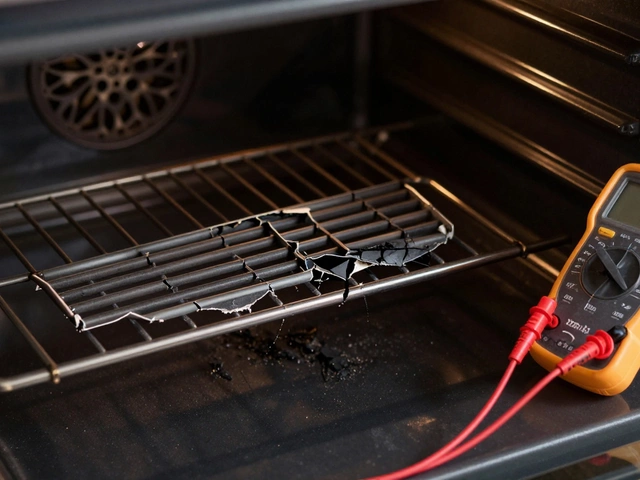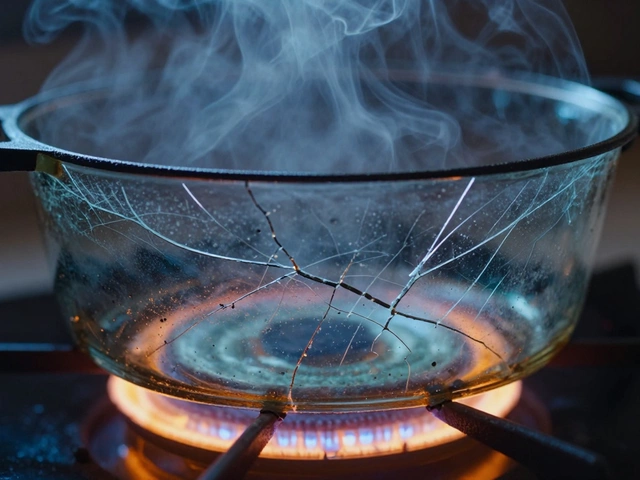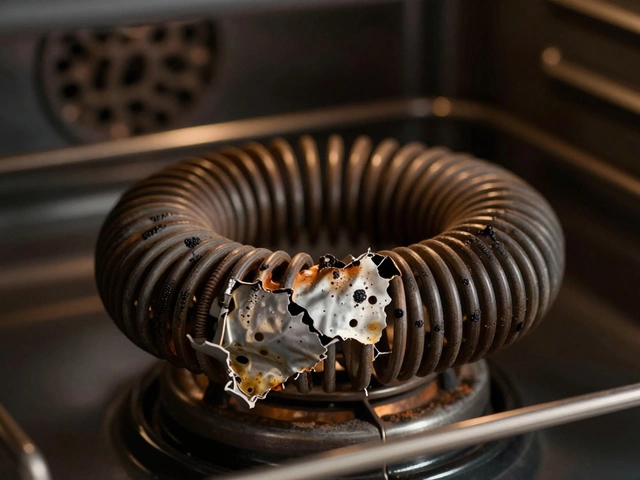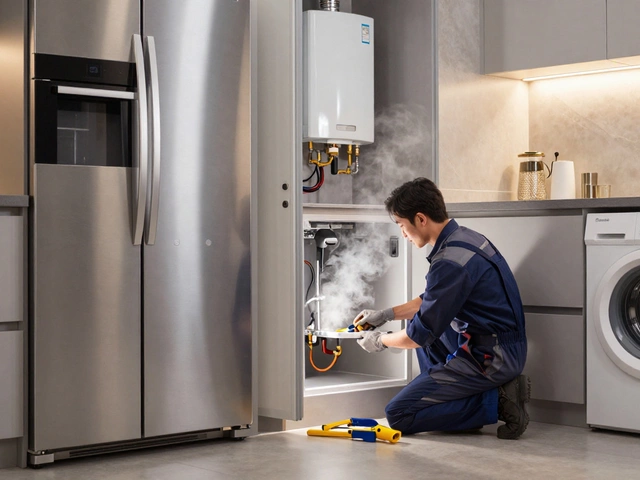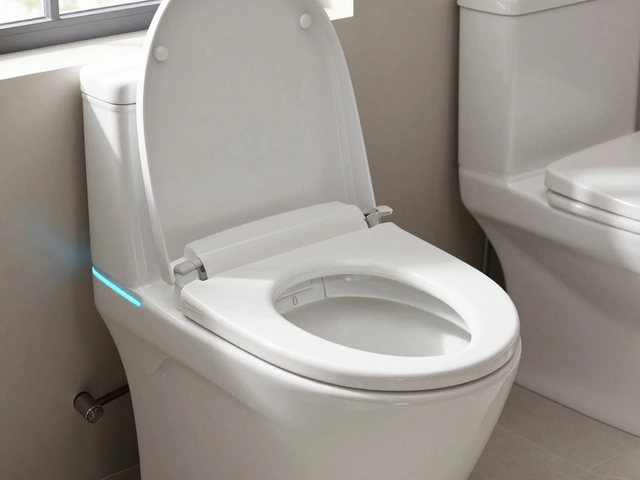Appliance Tips: Easy Fixes & Maintenance for a Happier Home
Got a fridge that’s humming louder than usual or a dishwasher that leaves dishes spotty? Before you call anyone, try a few simple checks. Most everyday hiccups have a quick, cheap fix that anyone can do. Below are the core tips that keep common appliances humming, heating, and cooling without breaking the bank.
Everyday Checks to Keep Appliances Running
Start with the power source. A tripped breaker or a loose plug is the most common reason a machine won’t start. Pull the plug, wait a few seconds, then plug it back in – you’d be surprised how often that solves the problem.
Next, look at the filters and vents. A clogged lint filter in a dryer or a dusty condenser coil in a fridge forces the motor to work harder and can cause overheating. Clean those filters monthly and wipe the coils at least twice a year with a vacuum brush.
Water‑based appliances love a good siphon check. For washing machines and dishwashers, run a short cycle with a cup of white vinegar. It clears mineral buildup that can lead to leaks or poor cleaning performance. The same trick works for coffee makers and kettles.
When it comes to ovens and stoves, listen for odd noises and watch for uneven heating. A cracked heating element can cause hot spots; a quick visual inspection often reveals a burnt or broken part. If the element looks blackened, replace it before the whole oven quits on you.
When to Call a Professional
If you’ve tried the basics and the appliance still misbehaves, it’s time to get a pro involved. Electrical components like control boards, thermostats, or compressors require specialist tools and safety knowledge. Trying to fix a compressor leak yourself can be dangerous and may void warranties.
Also, pay attention to age. Most major appliances have a useful lifespan of 10‑15 years. If your refrigerator is 12 years old and keeps breaking down, the repair cost might approach the price of a new, more energy‑efficient model. In those cases, ask for a cost‑to‑replace estimate before committing to another repair.
Finally, safety always wins. If you smell gas, see smoke, or hear buzzing when you open the back of an appliance, shut it off immediately and call a qualified technician. Those signs mean a problem that’s beyond DIY.
By doing regular clean‑ups, checking power and filters, and knowing when to step back, you’ll stretch the life of your appliances and save a lot of money. Keep these tips in mind the next time something goes wrong – you’ll often be surprised how far a little knowledge can take you.
19 June 2025
·
0 Comments
Tired of dealing with a broken washer every few years? This article breaks down which washing machine brands are the least likely to give you headaches, using real repair statistics and owner experiences. Get practical advice on how to pick a washer that lasts, the red flags to avoid, and some straightforward maintenance tips. No fancy jargon—just the honest answers you need before your next trip to the appliance store. Discover the insider tricks technicians wish more people knew.
Read more
22 December 2024
·
0 Comments
Discover the common reasons why your freezer might not be staying cold, and learn practical solutions to troubleshoot and repair the issue. From simple fixes like adjusting the thermostat to more complex problems such as a faulty seal or compressor, this guide provides clear advice for keeping your freezer in top working condition. Whether you've noticed some frost buildup or items are thawing, this article covers it all.
Read more



